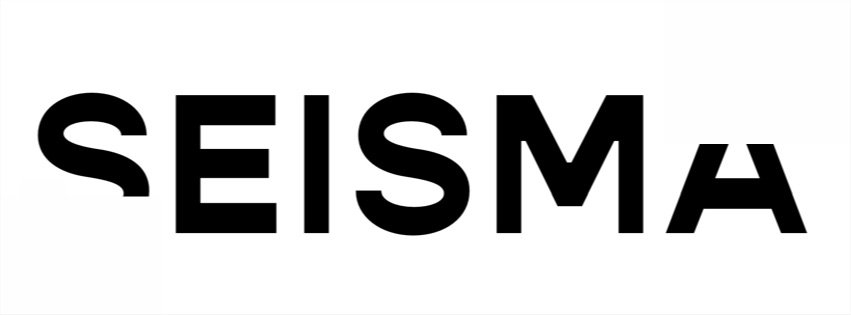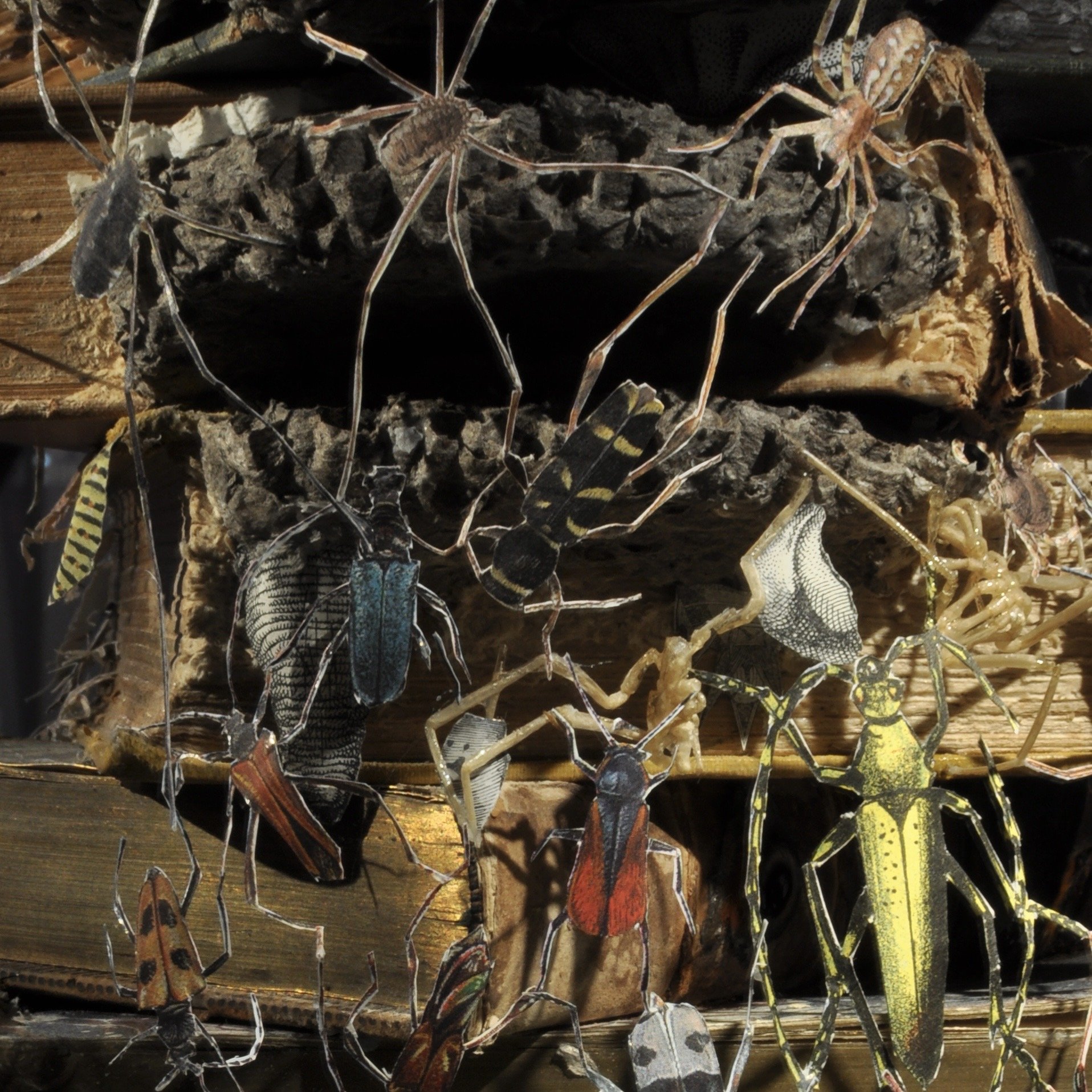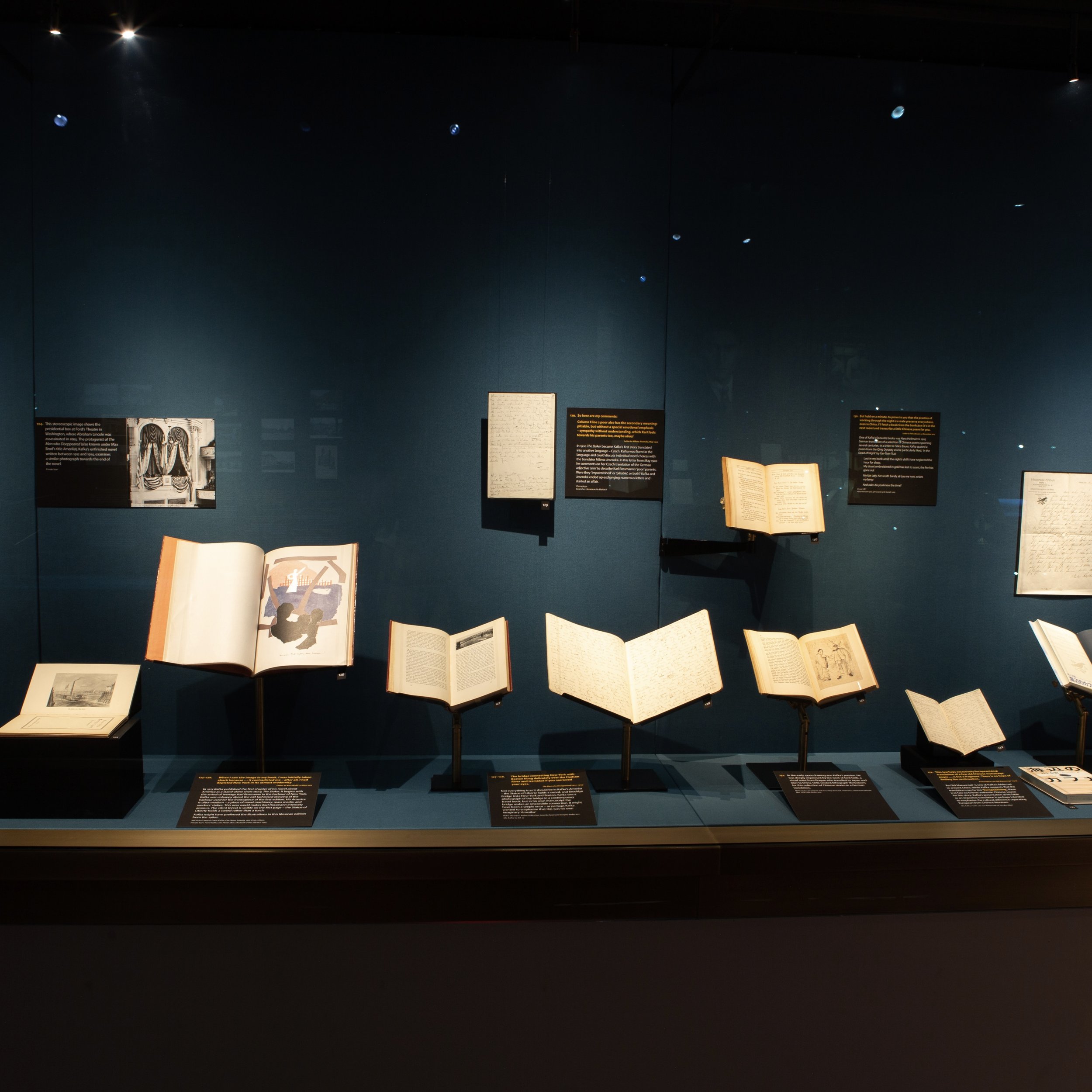KAFKA AND THE UNEASY DREAM
We are reaching the end of the centenary year since the death of Franz Kafka (1883-1924). That anniversary has triggered many perspectives on his life and work. One of the most notable was the superb Bodleian Library exhibition ‘Kafka: Making of an Icon‘ and the lively programme of events which ran alongside from May to October. Together, these displayed and discussed materials from the Bodleian archives – which hold the majority of Kafka's papers –alongside international loans, including literary notebooks, drawings, diaries, letters, postcards, glossaries, and photographs. In amongst those documents, the exhibition featured the brilliantly unnerving Insect Enemies, a commissioned installation by artist Tessa Farmer, which she began as a response to what is probably Kafka’s most famous story – The Metamorphosis.
Indeed, the centre of the exhibition gallery was dedicated to The Metamorphosis. Alongside the original manuscript of that novella were shown entomology illustrations exploring some guises the Gregor Samsa creature might have taken. In addition, modern reinterpretations of the story were displayed, including a private loan of the original manuscript of The Cockroach, Ian McEwan’s satirical novella.
The exhibition and programme covered enough ground to incorporate science that can be related both to Kafka’s own life, and to The Metamorphosis. Inspired by these, Paul Carey-Kent takes a look at the celebrated but troubled writer from two somewhat unusual perspectives: his health; and human responses to insects.
‘Kafka: Making of an Icon’ was curated by Professor Carolin Duttlinger, Co-Director of the Oxford Kafka Research Centre; Professor Katrin M. Kohl, Co-Director of the Oxford Kafka Research Centre; Professor Barry Murnane, Co-Director of the Oxford Kafka Research Centre; Dr Meindert Peters, Leverhulme Research Fellow at the Faculty of Medieval and Modern Languages; and Dr Karolina Watroba, Post-Doctoral Research Fellow at All Souls College, Oxford. It was supported by Malgorzata Czepiel, Curator of the Kafka Archive at the Bodleian Libraries.
All images shown courtesy of the exhibition, ‘Kafka: Making of an Icon’ at the Bodleian Library, 2024, and Tessa Farmer © Jessica Chaundy for Bodleian Libraries. All rights reserved.



